Brief History:
Video credit to: Serbian Mapping of Youtube.comA former Yugoslavian that goes by the name of Selco in a Survivalist Forum shared his and his family’s experience after being locked down by an enemy’s army in their small town in Bosnia. The civil war was called the Bosnian War and many times some army factions were switching sides so it was total chaos. It was in the early 90s (1992-1995) since the lock down happened in his town and they managed to survive for a year without food rations (except for boxes the USA drops every 10 days or so), electricity for cooking food and heat for winter, readily available potable water, security (police), and sanitation services like garbage disposal collectors. Many people died from wounds and water-borne diseases.
What He Learned To Do:
“Nobody wins, we just survived, with a lot of bad dreams.”
— Selco
People were taking their stand but according to Selco, there were no winners in the war because all people involved suffered one way or another. He was glad the war was over with the help of foreign aid but he will never forget the lessons and experience brought about by this event. He learned to prepare himself after this and shared his knowledge about prepping for disaster. You can find more of his course and books through his SHTFSchool website.
All I can get across the web was his replies from preppers interested in his story, arranged in an interview format, but it proved to be invaluable nonetheless. It’s quite lengthy so to make a summarized version of the interview, here are the things you must need to do and consider according to Selco (plus tips):
Be Ready to Make Your Escape
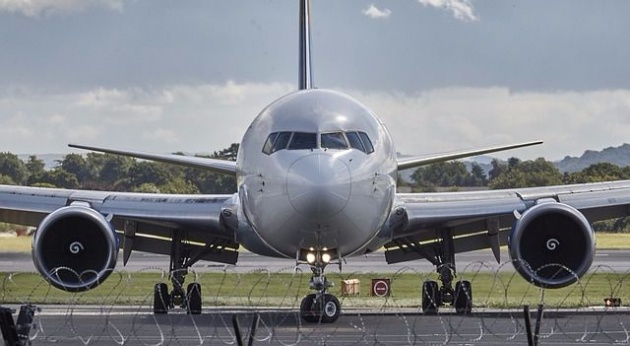
Photo credit to Hiljon of Pixabay.com
As soon as you hear rumors about an impeding civil war or unrest, even if the government tells via the media that everything is going to be alright, you must be ready to flee to another place. You don’t want to be locked down with fighting factions exchanging bullets while you’re in the middle of it. Prepare a contingency plan on where to relocate temporarily, be it in a peaceful province, your close relative’s place, or when worse comes to worst, out of the country. Prepare money to book tickets for airfare or seafare and do it as soon as news breaks because local currency will lose its value fast.
There’s Safety in Numbers
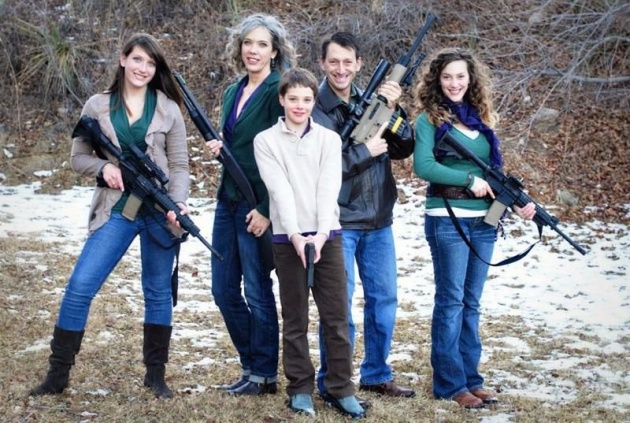
from Bigmedia.org
If you didn’t have the chance of flight, then prepare to defend your house and you and your family. You won’t see additional heads as burden to be fed, but more of a stronger defense force from looters and gangs. Selco tells us that people will lean on being on the gray side than being totally right or wrong. In a SHTF situation like a civil war, many people will commit inhumane ways just to survive – they will kill to eat. Also, those that live alone or with a couple of people have easily died on the earlier phase of the war, heavily armed or not.
Making an organized defense system within your village or barangay (like what is called in my country) would keep robbers and gangs from stealing your valuables such as food, water, fire-starter and tinder. He experienced guarding his small community of neighbors by manning their neighborhood with five armed men a day. Aside from guards in his community, there was an additional family member guarding their house.
Be Armed and Ready
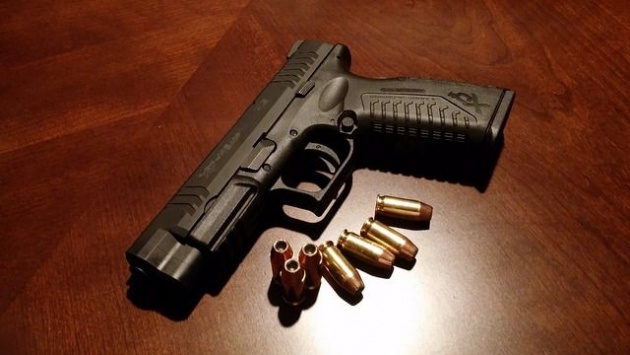 Photo credit to Brett_Hondow of Pixabay.com
Photo credit to Brett_Hondow of Pixabay.com
Gather as much guns and ammo as you can because you will protect yourself from almost everyone except your family and your trusted friends or neighbors. Trade something like a car battery, radio, propane gas, oil, a gallons of alcohol for guns and ammo. Selco emphasized the need for guns as the number one thing to have during SHTF: Civil War scenario.
Stockpile on Stuff
Food
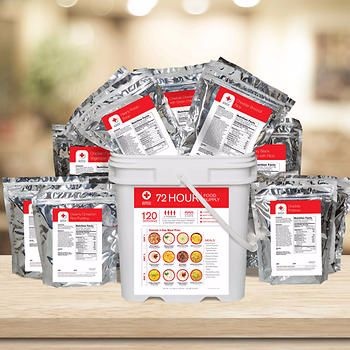
MRE Buckets from Costco.com
This is obviously the (second)most important thing to stockpile on. Currently, because of what the war taught him, Selco has now a stockpile of food for up to six months and an additional stock of six months in his safe-house. You can start storing ready-to-eat food such as cans (of tuna, corned beef, sausage, peaches, even veggies) and MRE food rations too. Popular in the prepping world is a (couple of) MRE bucket meals fit for a month’s supply which are sealed and can last for up to 25 years. You only have to add a little amount of water so you can eat it.
Water
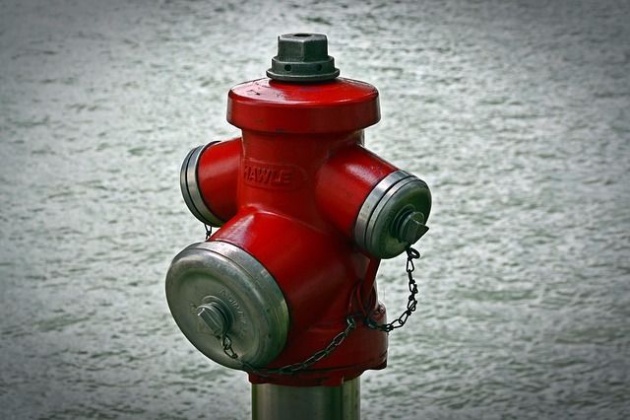 Photo credit to bernswaelz of Pixabay.com
Photo credit to bernswaelz of Pixabay.com
Selco collected rain water for hygienic purpose such as washing hands (and sometimes for drinking). Have a ready drum on your roof of better yet, just find a potable water source such as a fire hydrant or poso (in tagalog) or a deep well when you’re in rural area. Many people died of dehydration and diarrhea so it’s best to distill water or boil it.
Firestarter and Tinder
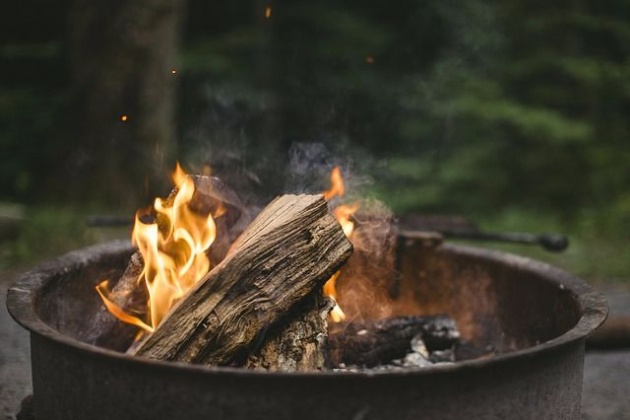
Photo credit to SupremeRyan of Pixabay.com
Because he is in a country with four seasons, heat is needed to survive. People die of hypothermia without adequate warmth. He and his family cut trees around their neighborhood and burned up their furniture and window frames for tinder. They even used other abandoned houses’ wood just so they could survive.
Plus, food should be cooked to be free from pathogens. Lighter was popular in his time in his so-called hell. He found a way to hack his gas tank and refill other people’s lighters for food. Stocking up on fire starters such as matches, lighters, fire steel, even solar ovens is a smart way to prep for it is valuable in such times.
Disposables
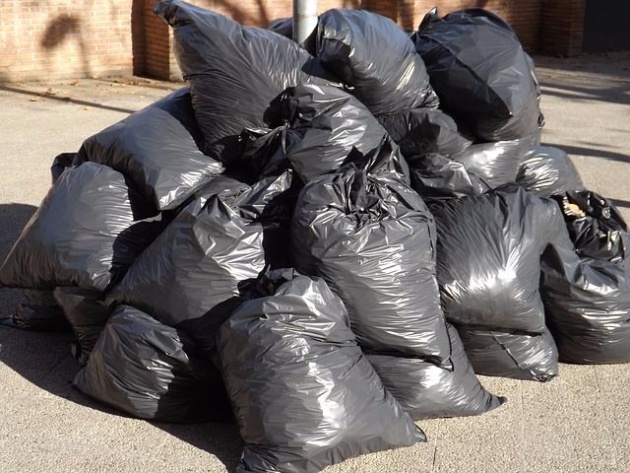 Photo credit to ALTEREGOINTELIGENCIA of Pixabay.com
Photo credit to ALTEREGOINTELIGENCIA of Pixabay.com
Because there’s water shortage, hygiene is compromised. There’d be nothing to clean with for cookware, dinnerware, and the loo. Water has also become valuable as food so the water that is left is used for this purpose. So he suggested to stockpile on (lots and lots of) garbage bags, toilet papers, plastic dinnerware like plates, forks and spoons according to his experience.
Other Valuables
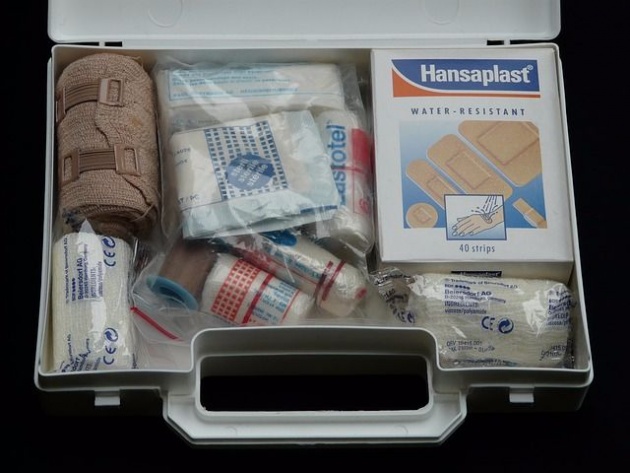 Photo credit to Hans of Pixabay.com
Photo credit to Hans of Pixabay.com
Local currency wasn’t valuable at this time and rarely do precious metals. Rarely anyone would trade it for food or water or ammo; it happens but it’s uncommon. Valuables in this case are alcohol, which is also used for disinfecting wounds, coffee, hand sanitizer and as mentioned: guns and ammo. Also, medical supplies is highly valuable (plus one’s knowledge on how to use it).
Knowledge is Power
 Photo credit to DariuszSankowski of Pixabay.com
Photo credit to DariuszSankowski of Pixabay.com
You can trade your knowledge of a skill for food, water and guns. According to the guy, there once was a man who could make oil for lamps and he never got hungry. Other skills like sewing, firing guns, bartering, making things from scratch and treating wounds have proven to be an invaluable asset when shit hits the fan. So equip yourself with such knowledge to be ready when disaster strikes.
Trade at Night
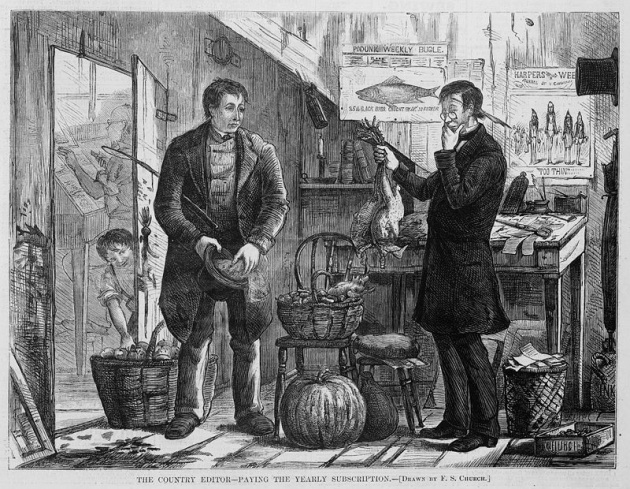
from Wikipedia">commons.wikimedia.org/w/index.php?curid=5273657">Wikipedia
Snipers are all around the city and both sides shoot any bystander that comes in its way. Worst is that they will treat you like an enemy, armed or not. These snipers rest through the night, calling it temporary quits until the sun comes up again. So you can barter around and gather news only at nighttime.
Tip in trading: don’t let anyone outside of your house know how much stuff you have. This will prove a danger to you as you can attract looters and robbers in your home. Just bring a fair amount of valuables for you to trade in and go with a few because a group of people can also attract unwanted attention (that will lead to demise).
To know more about Selco’s story, you can visit it here.
Disclaimer: P/V not mine (unless stated), write up 100% unique.



